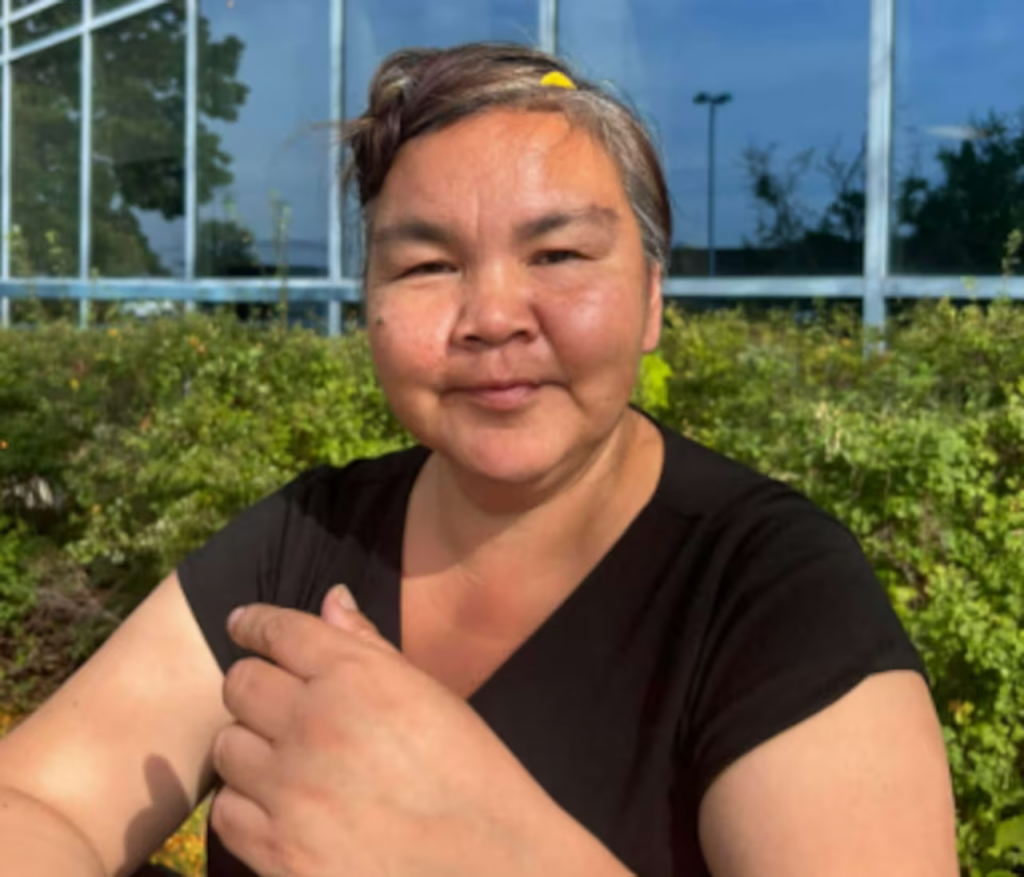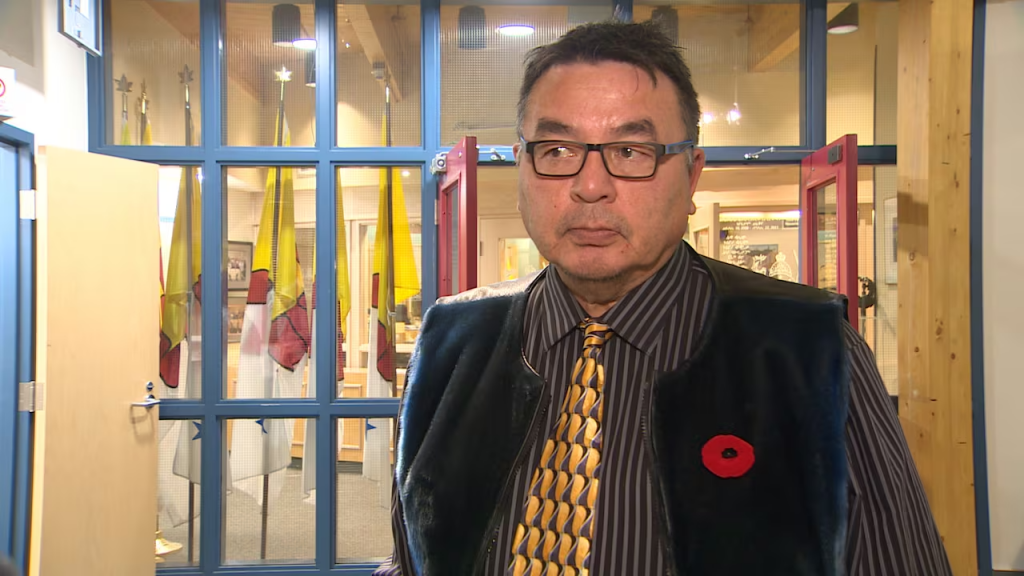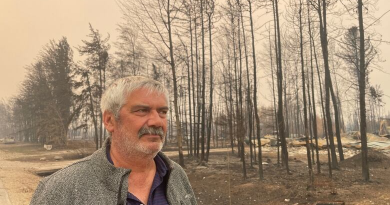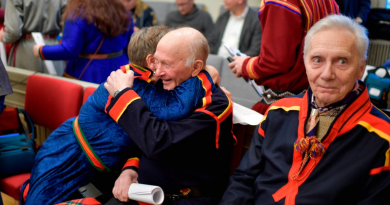Nunavimmiut have wound back their clocks for the last time

Next year the region will permanently move to daylight time, scrapping seasonal time changes
Starting next year, Nunavik will stay permanently on daylight time — while the rest of Quebec has no plans to do the same, yet.
The change means that once Nunavimmiut switch to daylight time next March, there will be no more seasonal time changes to “spring forward” or “fall back.”
Earlier this year, Makivvik, the organization representing Inuit in Nunavik, launched a survey to hear people’s thoughts about eliminating the biannual time change in the region.
“This practice, introduced to save energy and extend daylight hours during summer, has raised questions about its relevance and impact on our region today,” Makivvik stated in a social media post in January.
The organization has not publicized the results of the survey, but confirmed that last weekend would be the last time the region would sets its clocks back in the fall.
Some Nunavimmiut worry about the impacts the change could have.
Jeannie Louisa Tuumasi, who grew up in Kangirsuk but is now based in Montreal, believes there’s a desire among some Nunavimmiut to have control of their time, and not be dictated by a Western system.

But given the amount of travel she does to the region, Tuumasi worries there’ll be logistical problems – such as with flights – when Nunavik’s clocks are out of sync with the rest of Quebec.
“If we don’t follow the ‘fall back’ season and the ‘spring forward’ season, then there’s going to be a conflict of time for us,” she said.
No regrets
Elsewhere in Canada, there are other communities that don’t observe the same time zone as the rest of their province or territory.
For the past few years, the community of Coral Harbour, Nunavut, has stopped changing its clocks. That means in the winter, it falls in the same time zone as the Qikiqtaaluk region in the Eastern Time Zone. But in the summer, Coral Harbour joins its neighbours in the Kivalliq region, which is on Central Standard Time.
Coral Harbour Mayor Patterk Netser said most people in his community like it that way. It means there’s more daylight in the evening, and that’s especially important for children walking home from school, sometimes in the dark.

Of course, there are logistical issues, around things like flight schedules or scheduling meetings with other communities in the Kivalliq region. But Netser says it’s no big deal if you plan a bit ahead.
“The rest of the world has changed their time. Let them do what they want to do. We’ll do what we want to do,” Netser said. “We’re not moved by these things.”
“Nunavik won’t regret it,” he said.
‘A day is 24 hours regardless’
But who better place to give advice about adapting to time zone differences than the people of Creston, B.C.?
The community, roughly a three-hour drive from Alberta, is one of several near the provincial border that abandoned seasonal time changes decades ago. The reason for that goes back a century when the Canadian Pacific Railway decided to put the Creston Valley and the East Kootenay in the Mountain Time Zone, aligning them with Alberta.
Heading out of town for medical services can sometimes be an issue, Creston Mayor Arnold DeBoon says. He often hears of people missing appointments or showing up too early because a booking agent didn’t realize the difference in times with communities in the east and west.
“Locally we blame them for that, not us,” DeBoon said. “And now we’re sitting kind of waiting to see what the rest of the country is going to do with daylight savings time, because there is a movement to abolish it.”

Because of Creston’s unique time zone, in the summer, DeBoon said the crows will start cawing early in the morning and that can annoy some people. But in his view, time is a social construct.
“As the Native elders have said, white people think they can make a quilt, or a day, longer just by taking an hour away in the morning and adding it in the evening. That’s like sawing a piece off of your quilt and adding it to the bottom thinking you’re going to get a longer quilt, but you don’t. A day is 24 hours regardless.”
Meantime, in Atlin, B.C., a small northern community near Yukon, there’s been no consensus on the local time since 2020 when Yukon opted out of seasonal time changes. Some in Atlin observe B.C. time, while others stick to Yukon time throughout the year.
Quebecers want to abolish time changes, survey suggests
Quebec’s justice ministry launched online consultations late last year to hear what people think about the time change.
Ninety-one per cent of the 214,000 survey respondents said no to changing the time, and nearly three-quarters of them said yes to staying on daylight time year-round.
But with any time changes, Quebec must consider what its neighbours are doing. Ontario passed legislation in 2020 to adopt permanent daylight time, but only if Quebec and New York state do so as well.
U.S. President Donald Trump has been pressing Congress to pass legislation to do just that, but those efforts have been stalled.
Quebec’s justice ministry says it’s still reviewing the results from the province’s consultations – so only time will tell what the time is there.
Related stories from around the North:
Canada: Majority of survey respondents vote to end seasonal time change in N.W.T., CBC News


